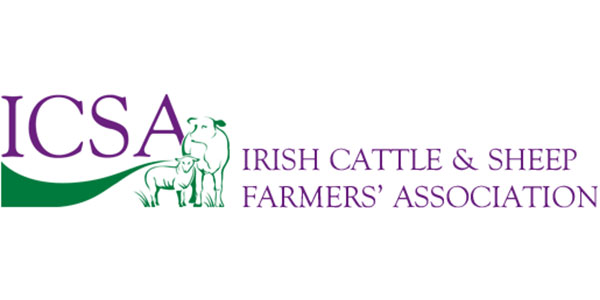ICSA president Dermot Kelleher has described the outcome of today’s EU Environment (ENVI) Committee vote on the proposed Nature Restoration Law as a “sensible decision given what is at stake.” Speaking from Brussels where he attended this morning’s voting session Mr Kelleher said, “It is time to pause this and reflect. ICSA has been steadfast in its opposition to the Nature Restoration Law in its current format due to the genuine concerns of Irish farmers on what it would mean and how it would be implemented, and the abject failure of those concerns to be acknowledged or addressed.”
Today’s vote was split 44/44 amongst MEPs on the ENVI Committee with no agreement reached on any of the proposed amendments that had been put forward. As it stands there is therefore no agreement on how to move forward with the Nature Restoration Law. Following today’s events, the original Commission proposal will go to the EU Parliament plenary session in Strasbourg in July. While it remains unclear what will happen here, it is extraordinary that the ENVI Committee has been unable to agree a position and that the AGRI Committee has rejected the proposals.
Mr Kelleher said all Irish MEPs will now have an opportunity to have their say on the Nature Restoration Law. “It is vital that all our MEPs stand in solidarity with Irish farmers on this issue. We know that our farmers are committed to continuously improving their holdings in terms of protecting nature and increasing biodiversity but the problem with the Nature Restoration Law is there has been zero engagement with the very people who are expected to implement this law. It is a diktat from on high that lacks any of the fundamentals of a workable collaborative approach. What we need instead are policies that protect farm livelihoods and support farmers to do more for the environment.”
Mr Kelleher said ICSA will continue to engage with all Irish MEPs in the coming weeks to ensure that common sense continues to prevail on this issue. “No MEP should condone the way this law is attempting to go about fulfilling its objectives. It is time for a rethink so we can move forward with a set of pro-biodiversity policies that farmers and all Irish and EU citizens can enthusiastically embrace.”
ENDS





